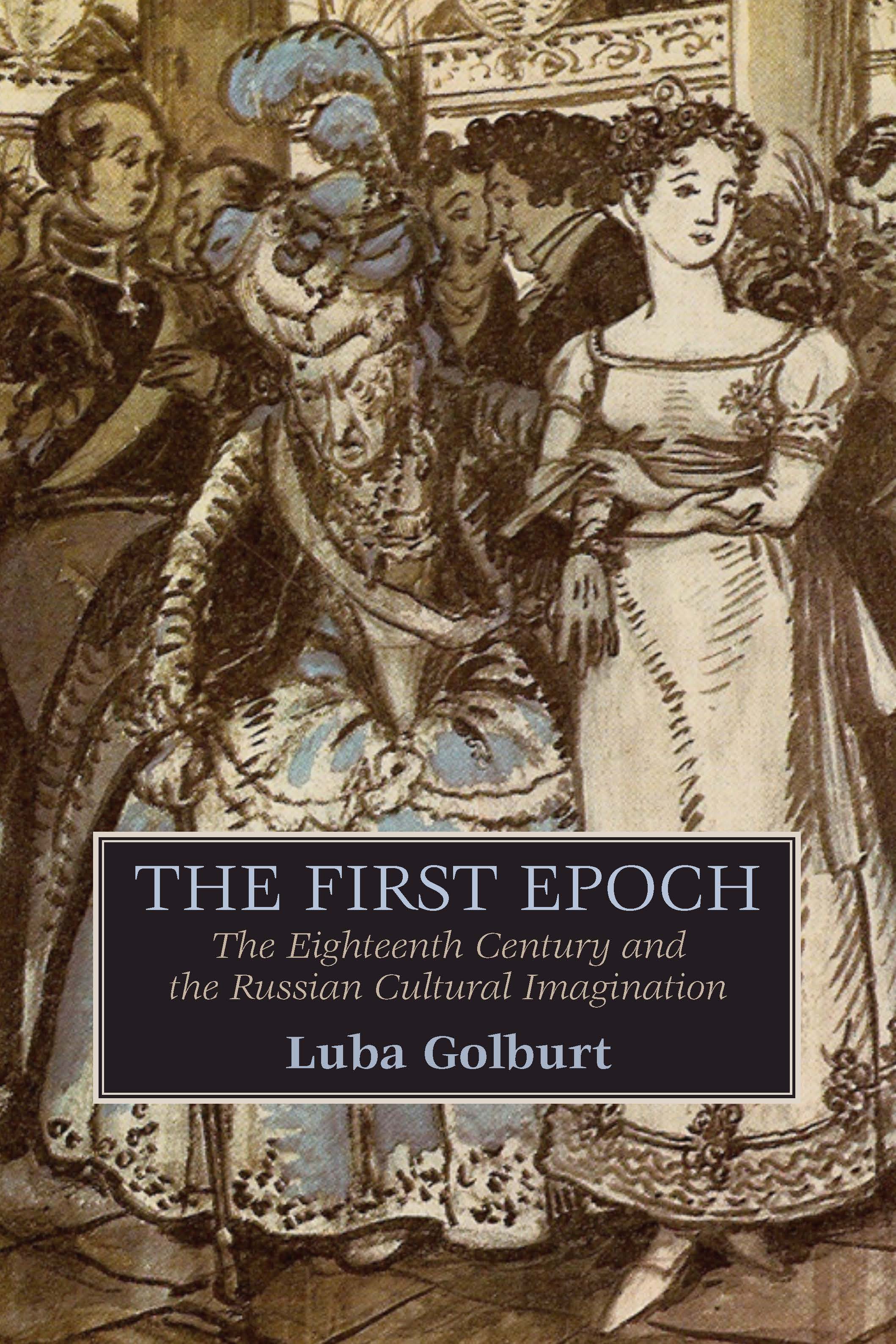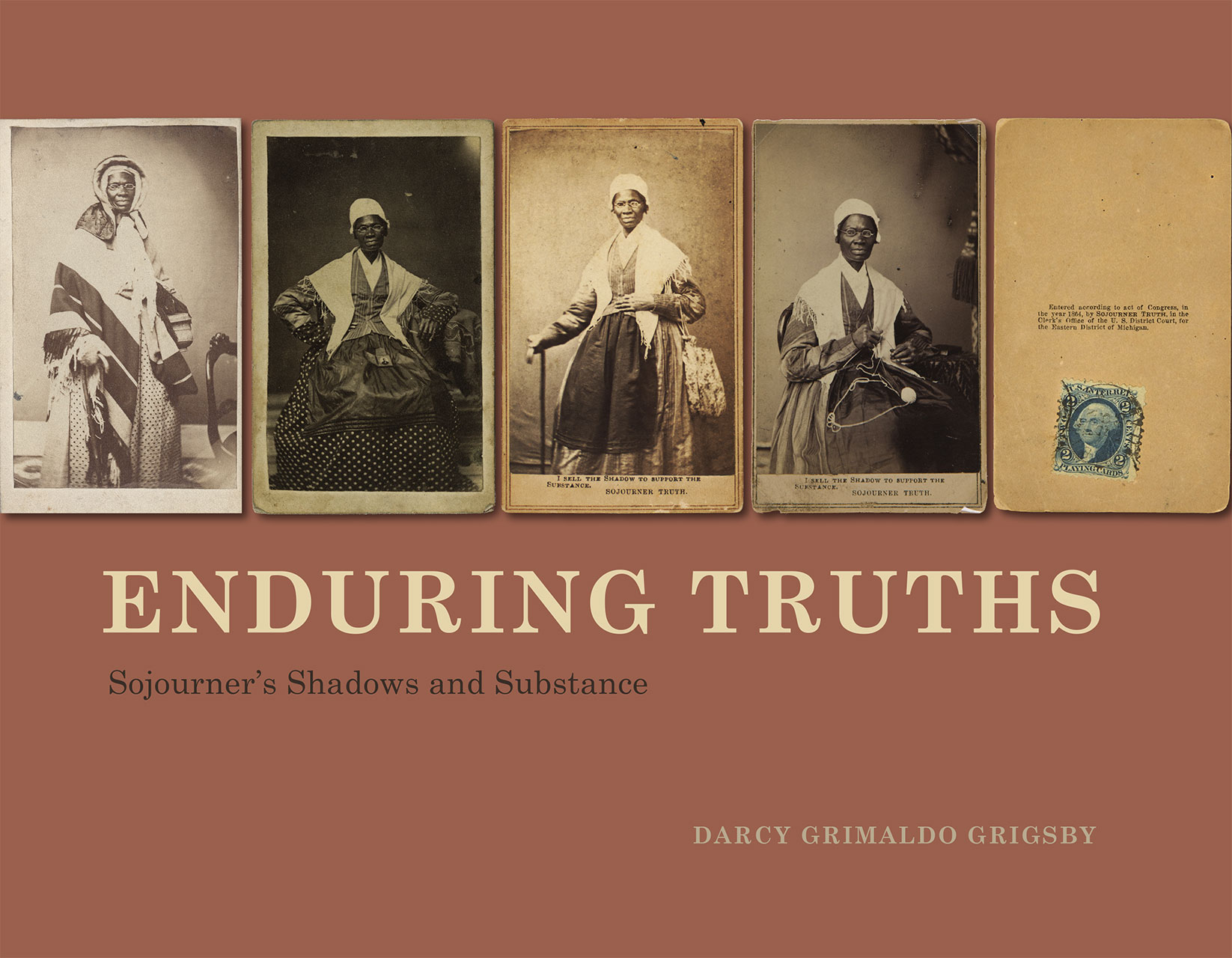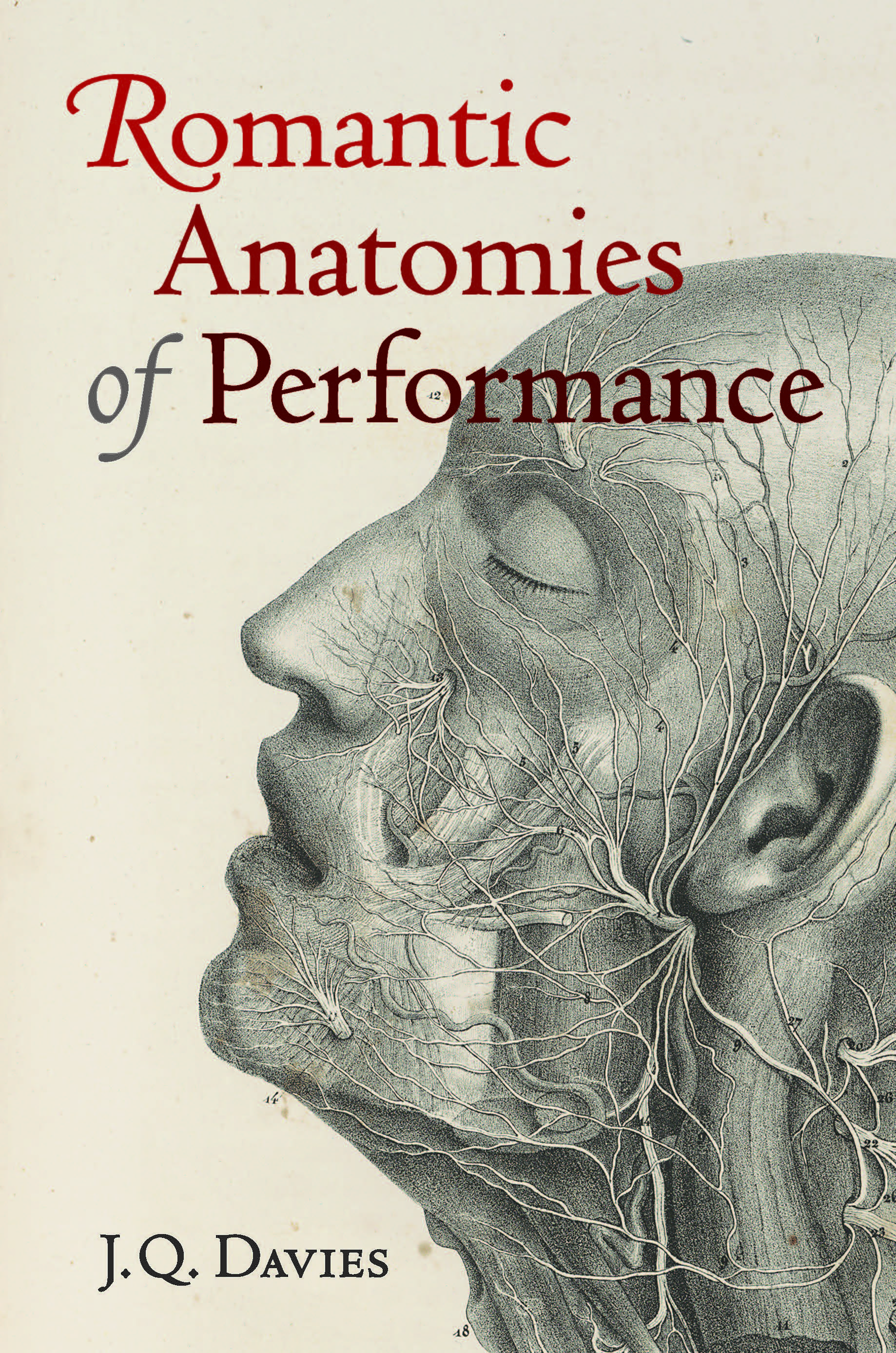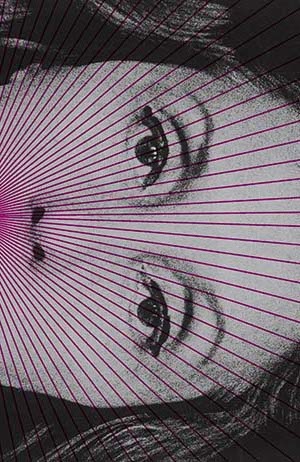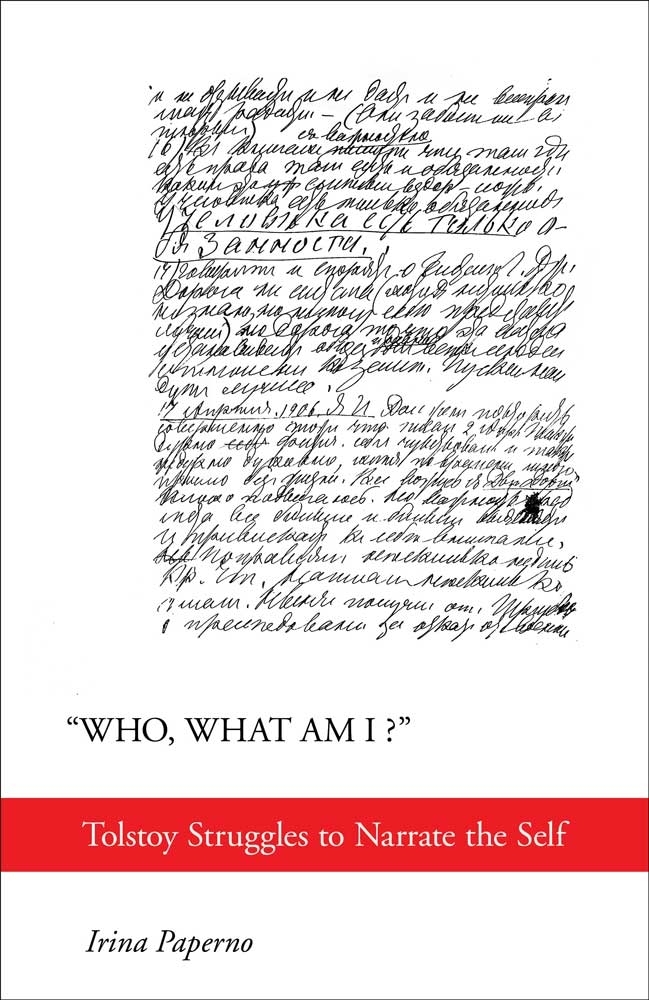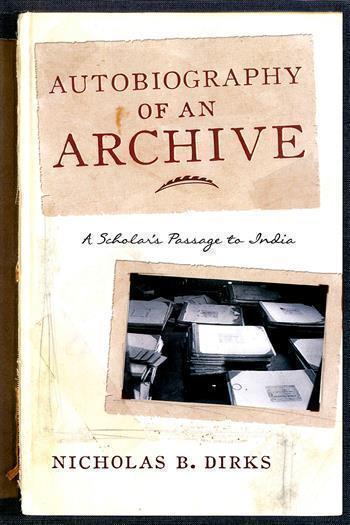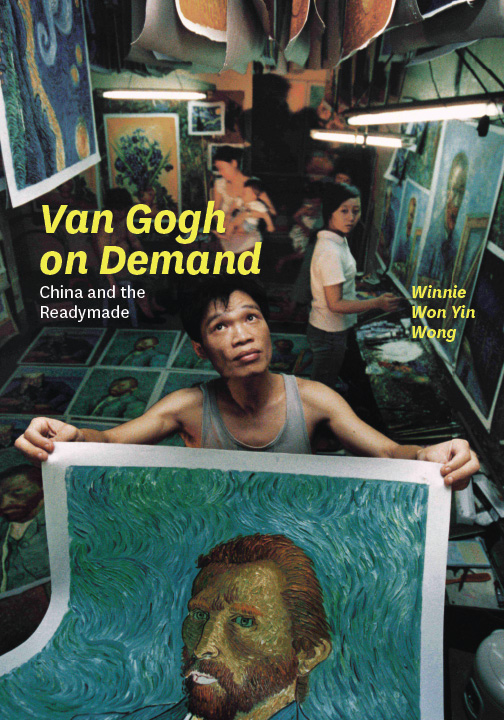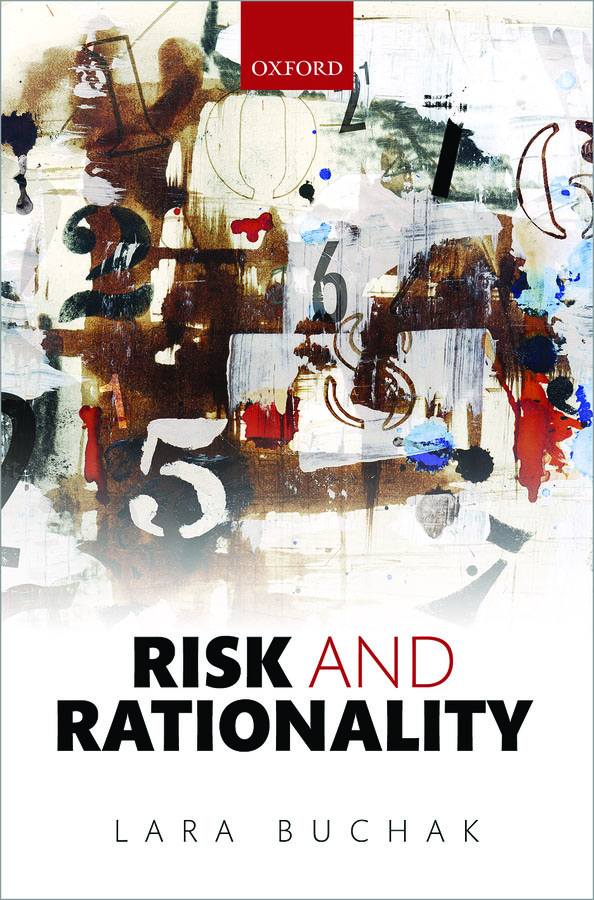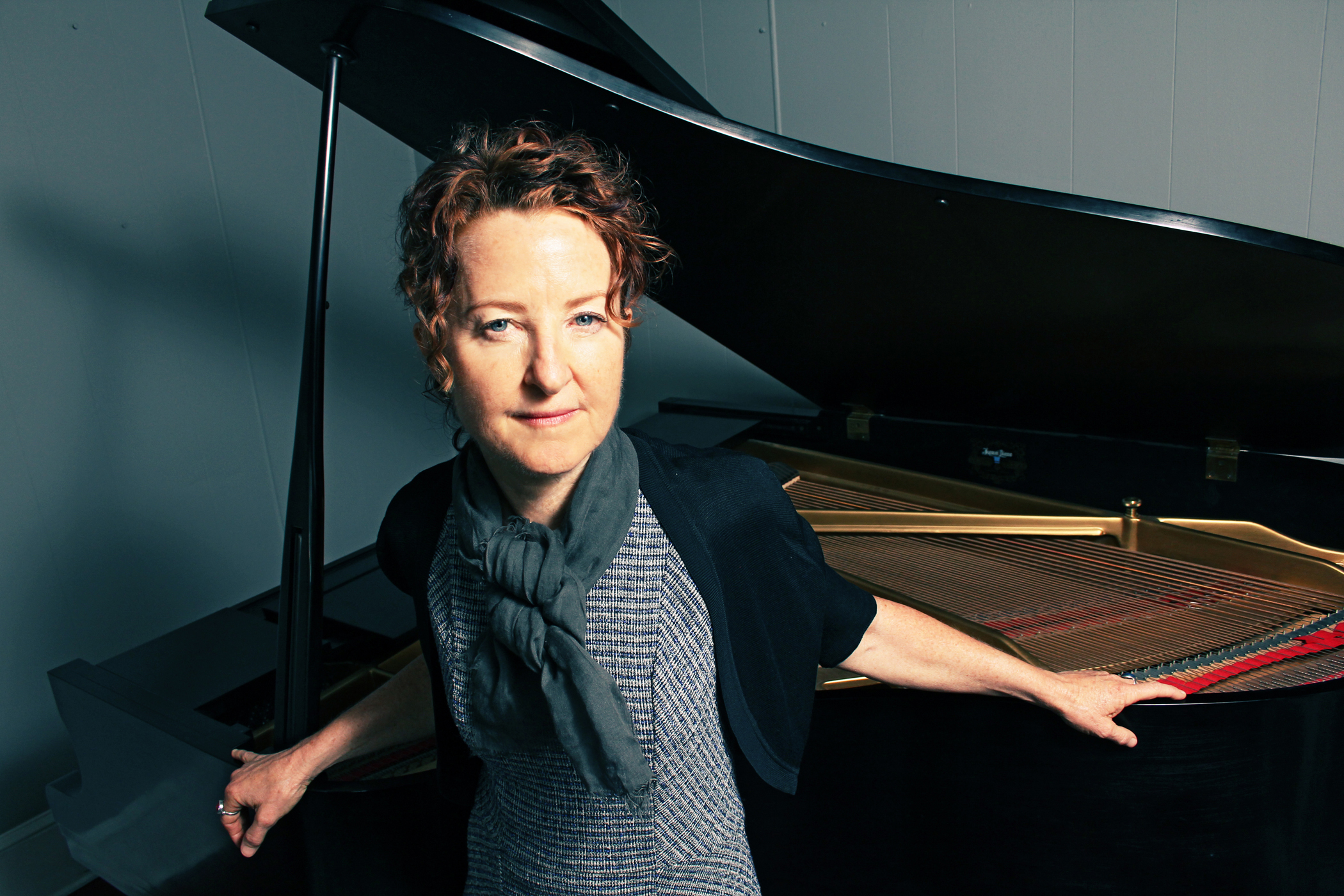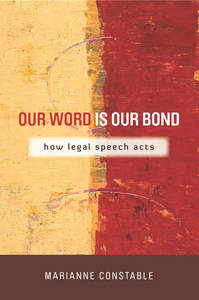Past Events
The First Epoch: The 18th Century and the Russian Cultural Imagination
Professor of Slavic Languages and Literatures Luba Golburt's book examines the complex place of the eighteenth century in the subsequent Russian literary tradition, tracing how later Russian writers paradoxically view the epoch as both formative and obsolete. Introduction by Professor Harsha Ram.
Professor of Art History Darcy Grimaldo Grigsby’s book illustrates how a runaway slave, Sojourner Truth, gained fame in the nineteenth century as an abolitionist, feminist, and orator and earned a living partly by selling photographic images of herself at lectures and by mail.
Professor of Music James Davies’ book explores the very matter of musical experience; the hands and voices of virtuosic musicians and singers who plied their trade between London and Paris in the nineteenth century.
Katrina Dodson’s recent translation of Clarice Lispector’s Complete Stories (New Directions, 2015) collects for the first time all 85 short stories by one of Brazil’s most important writers.
Professor of Slavic Languages and Literatures Irina Paperno gives an account of Tolstoy's lifelong attempt to find adequate ways to represent the self, to probe its limits, and to arrive at an identity not based on the bodily self and its accumulated life experience.
Chancellor Nicholas B. Dirks’ book recounts his early study of kingship in India, the rise of the caste system, the emergence of English imperial interest in controlling markets and India's political regimes, and the development of a crisis in sovereignty that led to an extraordinary nationalist struggle.
Professor of Rhetoric Winnie Wong’s book explores contemporary art in the world's largest production center for oil-on-canvas painting and shows how its painters force us to reexamine preconceptions about creativity and the role of Chinese workers in redefining global art.
Professor of Philosophy Lara Buchak's book analyzes the principles governing rational decision-making in the face of risk.
Professor of Music Myra Melford’s interdisciplinary project, inspired by Eduardo Galeano's Memory of Fire trilogy, incorporates music, movement, video, and spoken text.
Professor of Rhetoric Marianne Constable’s book proposes understanding law as language, rather than as primarily rules, policy, or force.
